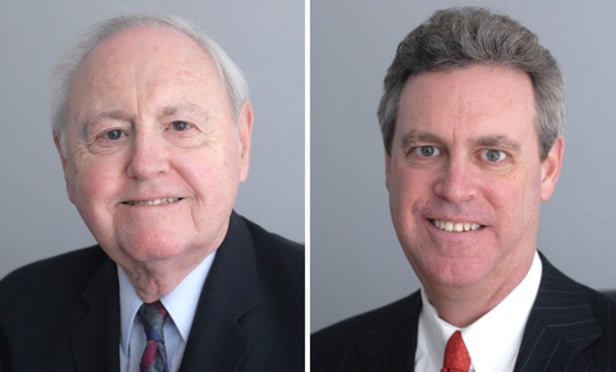The recent decision of the U.S. Supreme Court in Burwell v. Hobby Lobby Stores, 573 US __ (June 30, 2014), in which the court ruminated and opined, inter alia, on the question of whether a corporation was a “person” within the meaning of the Religious Freedom Restoration Act of 1993 (RFRA), and whether corporations may have an existence separate and apart from the human beings who own, run, and are employed by them, brought to our mind longstanding issues and debates regarding the rights of individuals associated with a corporation to make claim under an insurance policy issued in the name of the corporation, as well as more recent questions about whether the same or similar rules apply when the named insured entity is not a corporation, but, rather a partnership, an LLC, or even a trade name (“d/b/a”).
‘Named Insured’ Corporations
In Buckner v. MVAIC, 66 NY2d 211 (1985), the New York Court of Appeals held that a policy of insurance issued to a family-owned real estate corporation did not provide uninsured motorist coverage for Robert Buckner, the college-aged son of the officers and sole shareholders of the corporation, who resided with them, and who was injured when he was struck by a hit-and-run driver while he was riding his bicycle (and not engaged in any business of the corporation).
This content has been archived. It is available through our partners, LexisNexis® and Bloomberg Law.
To view this content, please continue to their sites.
Not a Lexis Subscriber?
Subscribe Now
Not a Bloomberg Law Subscriber?
Subscribe Now
LexisNexis® and Bloomberg Law are third party online distributors of the broad collection of current and archived versions of ALM's legal news publications. LexisNexis® and Bloomberg Law customers are able to access and use ALM's content, including content from the National Law Journal, The American Lawyer, Legaltech News, The New York Law Journal, and Corporate Counsel, as well as other sources of legal information.
For questions call 1-877-256-2472 or contact us at [email protected]



